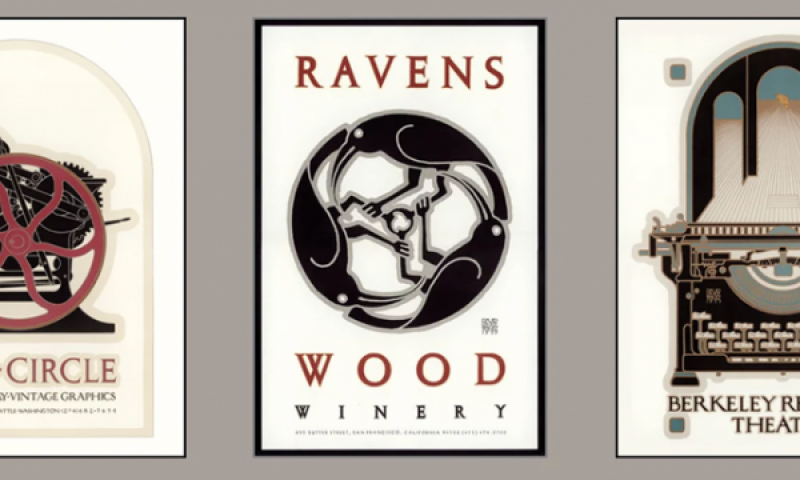POSTED BY: Caitriona Butler
Copywriting & SEO: Write for people and the search engines will follow

Copywriting & SEO: Write for people and the search engines will follow

Search Engine Optimisation, or SEO, has long had a reputation as a dark art. SEO experts in digital and web agencies have historically been able to win the top spot for a search using a variety of tricks, hacks and voodoo. Thankfully in recent years, search engine technology has grown more sophisticated and search engines are now better able to weed out the sites using dubious techniques and boost the sites that align themselves with the genuine needs of the searcher, the sites that contain the most appropriate information relevant to a search.
Despite ongoing growth in video & audio content, the primary currency of the search engine is still text. Using non text media is a great way to communicate with your website visitors but they will only find you via a search engine if you have also included a text version of your content. With that in mind, here are some things to be avoided when composing the text content for your website.
1) Don’t (only) publish text as an image
The search engines haven’t (yet) started parsing or crawling the text inside images. If you publish an image-based infographic or flyer, make sure to include a text based summary of its content as well.
From personal experience, a serial breaker of this rule used to be the Dun Laoghaire-Rathdown County Council. I have spent waaaay too long on their site searching for, say, ‘Recycling Centre opening hours’ to eventually find them saved as an image with no accompanying text. I am glad to say they have vastly improved in the past few years and a recent scan of their site didn’t throw up a single example of this. Nice work dlrcoco!
2) Avoid overly romantic, flowery or esoteric language.
Here is an example of a phrase I found on a small business’s website:
“Our brand is built on a philosophy of formulating experiences for communities through speciality products, innovations and an ever-evolving vision.”
Can you figure out what they do? Neither can I. And neither can a search engine. Unless someone is searching for “a philosophy of formulating experiences” they’re unlikely to stumble upon this business’s website any time soon. Say (for example) you are a florist, talking about flowers on your website is a better way to communicate with your site’s visitors than saying you sell ‘posies of dew-kissed blooms’. When writing engagingly about a topic, to keep people interested you will naturally use a variety of words that are relevant to that topic. This variety of words contains your keywords. Keywords are how search engines determine your relevance to searchers. We don’t all think in the same way and we all use different words to search for things. By using a spread of language on a website in a meaningful and informative way, we can best help both the web searcher and the search engine find our website.
3) Avoid writing (just) for search engines
Just as important as not being overly flowery with your language (unless you’re a florist of course), is veering too far in the opposite direction and writing text targeted solely at the search engines. Sticking with the Florist example, this is an example of what not to say:
“We are the best flower selling Irish florist in Ireland. For the best flowers come to Ireland’s best Irish florist.”
There is no need to mindlessly repeat keywords. Aside from the fact that search engines are starting to recognise these tactics and may penalise you for keyword-stuffing, a good rule of thumb is to never do anything for the sake of SEO that hurts your audience’s experience. As the technology around voice-search & natural-language processing have advanced, search engines have become more adept at understanding text that is written – or spoken – in an natural, conversational way. Write for your audience using varied, natural language and the search engines will follow.
4) Don’t just launch & leave
Search engines, like people, enjoy fresh content. Many businesses make the mistake of creating content for their web site and leaving this unchanged indefinitely. A better approach is to revisit this content from time to time to keep it from going stale. Another great way to keep your web content fresh is to have a regularly updated blog or news section. If you are trying to attract repeat visitors to your website, offering interesting, engaging and frequently updated content will keep them coming back. Search engines also want to ensure that the content shown at the top of their rankings is of value to their searchers. Once again, considering the goals of the searchers will keep you aligned with the goals of the search engines. Win-win!
To summarise; Write for people. Cover topics. Use natural language. Write frequently.
Caitriona Butler, Web Developer.
Caitriona is a web developer at Neworld, a web agency based in Dublin. She is experienced across a broad range of programming languages & technologies and has been crafting web pages since the days when keyword stuffing was a legitimate SEO technique.
Keep Reading

TheFuture

Ireland’s First Rugby Trading Cards

Bonsai Bar

Neworld 2017

Fantastical brand for Adare Manor’s Tack Room

Design steeped in heritage

Get Ready To Explore

How building brands pays dividends in hospitality

International Women’s Day

100 Archive

What’s the Story?

Anatomy of a movie poster – Top 10 movie posters for...

Stop shouting, be confident and stand out with a whisper

Top of the pack-ing order: How Packaging Influences...

Pop! Packaging Design

United They Fell

The value of branding – how to measure the success of...

Great wine or great design?

Branding for Ireland’s Whiskey Renaissance
